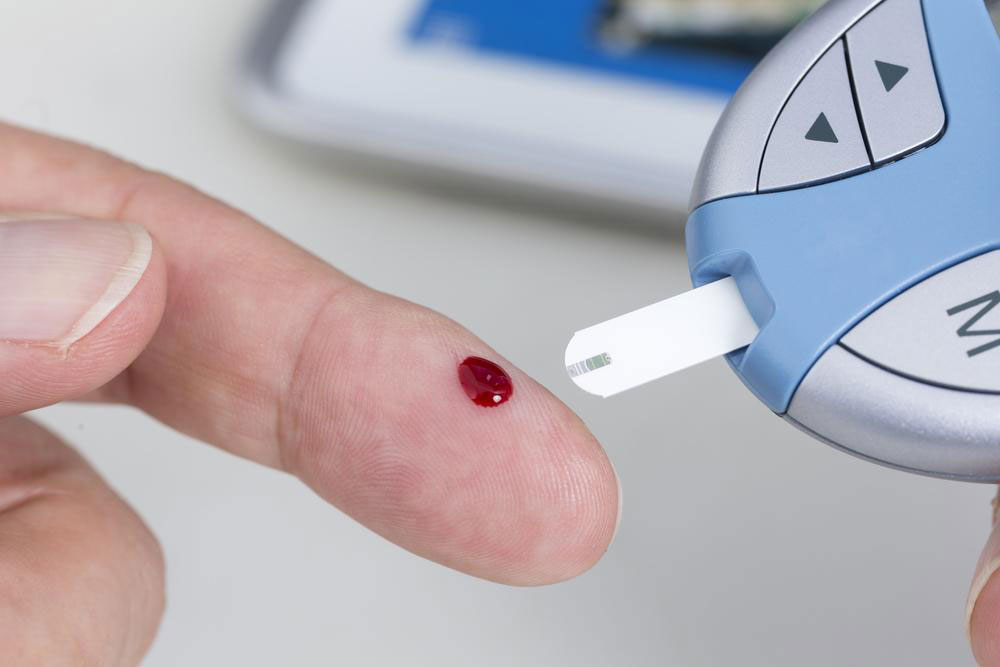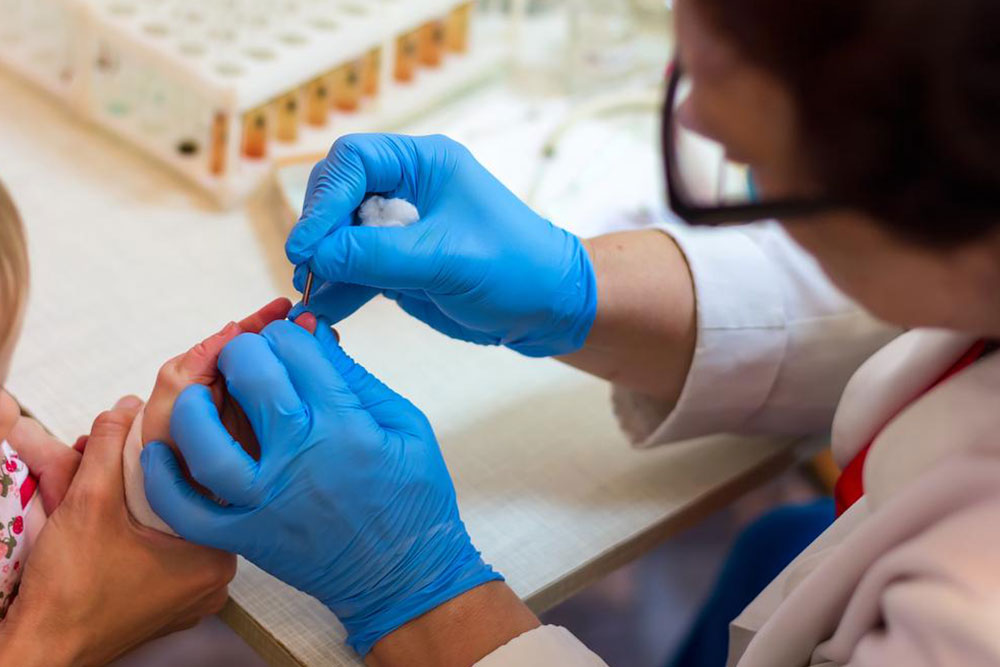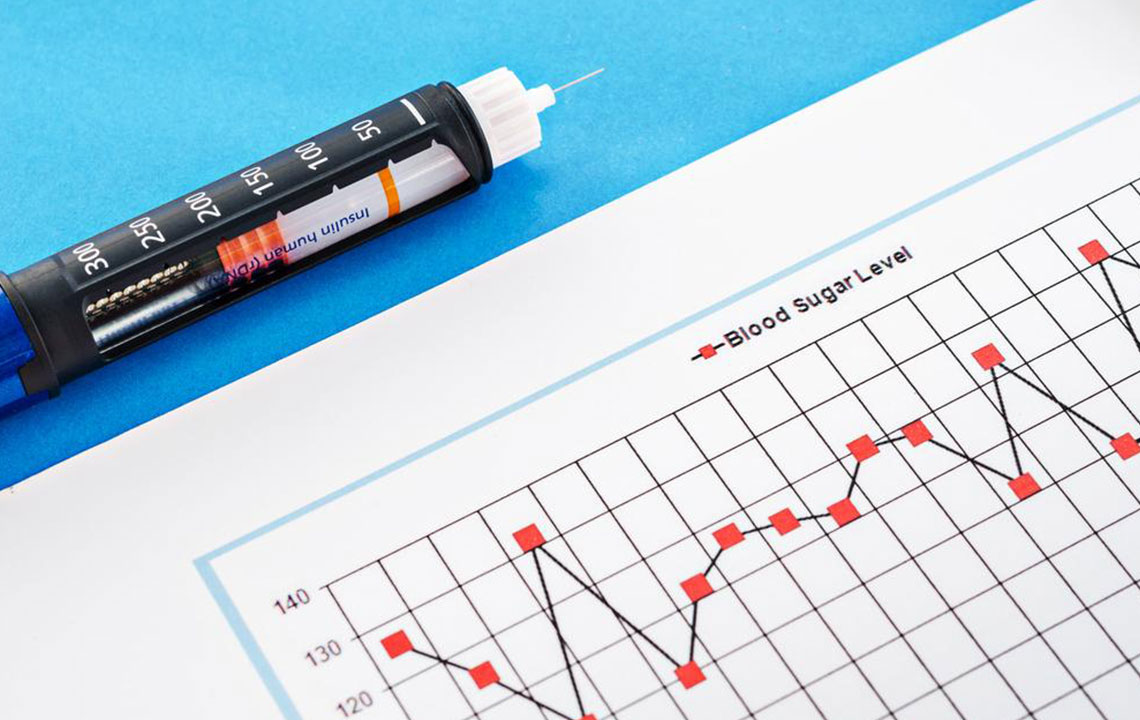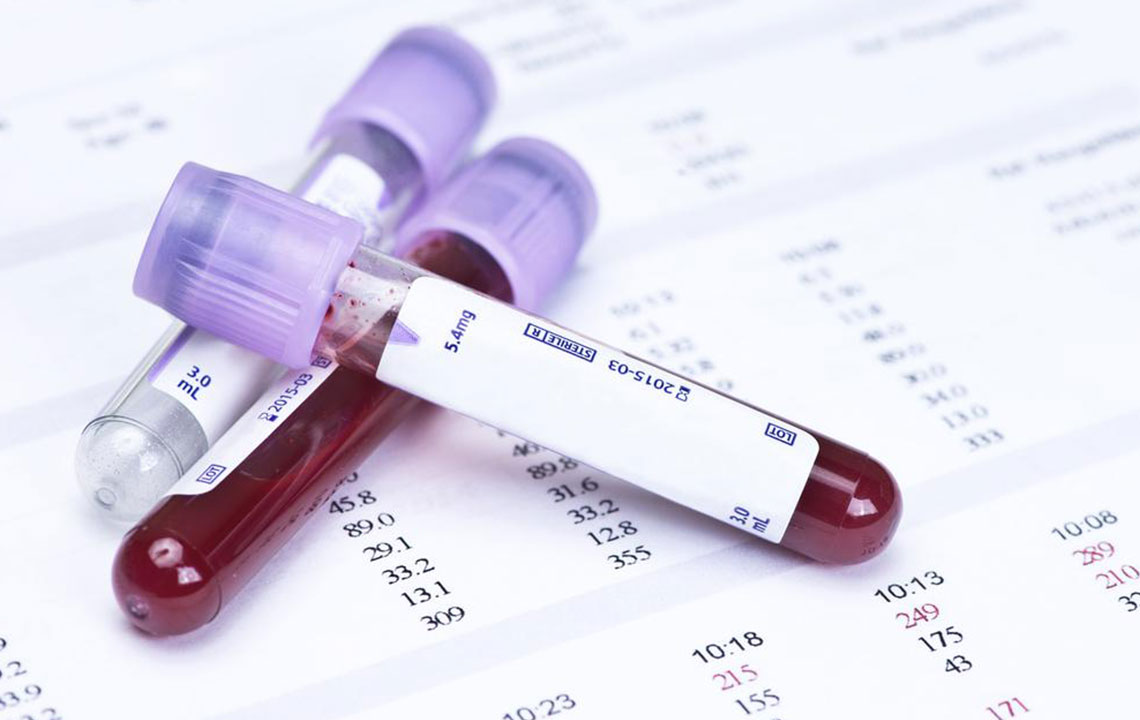Comprehensive Guide to Blood Glucose Testing and Its Significance
Learn about blood glucose testing, its importance in diabetes management, different testing methods, optimal levels, and how to interpret results. This comprehensive guide highlights the role of insulin and the risks of abnormal blood sugar levels, helping readers understand the significance of regular monitoring for maintaining health and preventing complications.
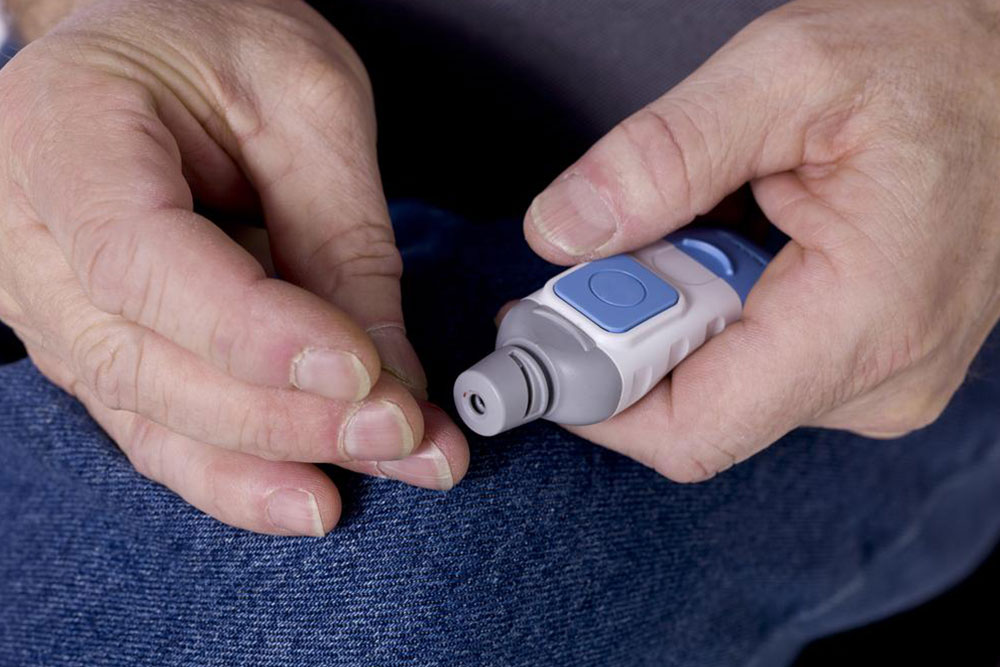
Comprehensive Guide to Blood Glucose Testing and Its Significance
A blood glucose test measures the level of sugar in your blood, playing a critical role in managing diabetes. Since diabetes impairs the body's ability to process blood sugar effectively, monitoring levels is essential. Here are key insights about blood sugar testing:
Understanding Blood Glucose
Blood glucose, or blood sugar, is the simple sugar that fuels our body's organs and tissues. It's vital for energy, especially for the brain, heart, liver, and kidneys.
Glucose is derived from the breakdown of carbohydrates from foods such as bread, rice, and pasta. Proteins and fats contribute minimally or slowly to blood sugar levels. A diet high in fats can slow carbohydrate conversion, potentially causing blood sugar fluctuations.
Excessive blood sugar (hyperglycemia) can damage blood vessels, leading to heart disease, strokes, kidney problems, eyesight issues, and nerve damage. Maintaining optimal glucose levels is vital to prevent these complications.
Role of Insulin
Produced by the pancreas, insulin helps regulate blood sugar by promoting cellular uptake of glucose for energy or storage. Without adequate insulin, blood sugar accumulates, causing harm.
Blood Glucose Testing
Monitoring blood sugar involves measuring its concentration in blood samples, expressed in mmol/L or mg/dL. Fluctuations occur naturally, but persistent high or low levels indicate health issues like diabetes or hypoglycemia.
Normal Blood Sugar Ranges
For healthy individuals: 80-120 mg/dL; for those with health concerns: 100-140 mg/dL. Accurate testing helps in early detection and management of blood sugar abnormalities.
Testing Methods
Depending on your condition, doctors may recommend various tests:
Fasting blood sugar test: Measures glucose after at least 8 hours of fasting.
A1C test: Provides average blood sugar over 3 months.
Random blood sugar test: Measures glucose at any time, without fasting.
Other assessments include glucose tolerance and challenge tests for gestational diabetes.
Laboratory vs. Home Testing
Blood samples for lab tests are typically drawn from venous blood using reagents like glucose oxidase to ensure accuracy, helping diagnose diabetes or hypoglycemia. Home testing involves a glucometer: a drop of blood from pricked finger is analyzed, giving quick results suitable for daily monitoring by diabetics.
For more detailed information, visit reputable sources such as Wikipedia, Healthline, and the National Institute of Diabetes and Digestive and Kidney Diseases.

